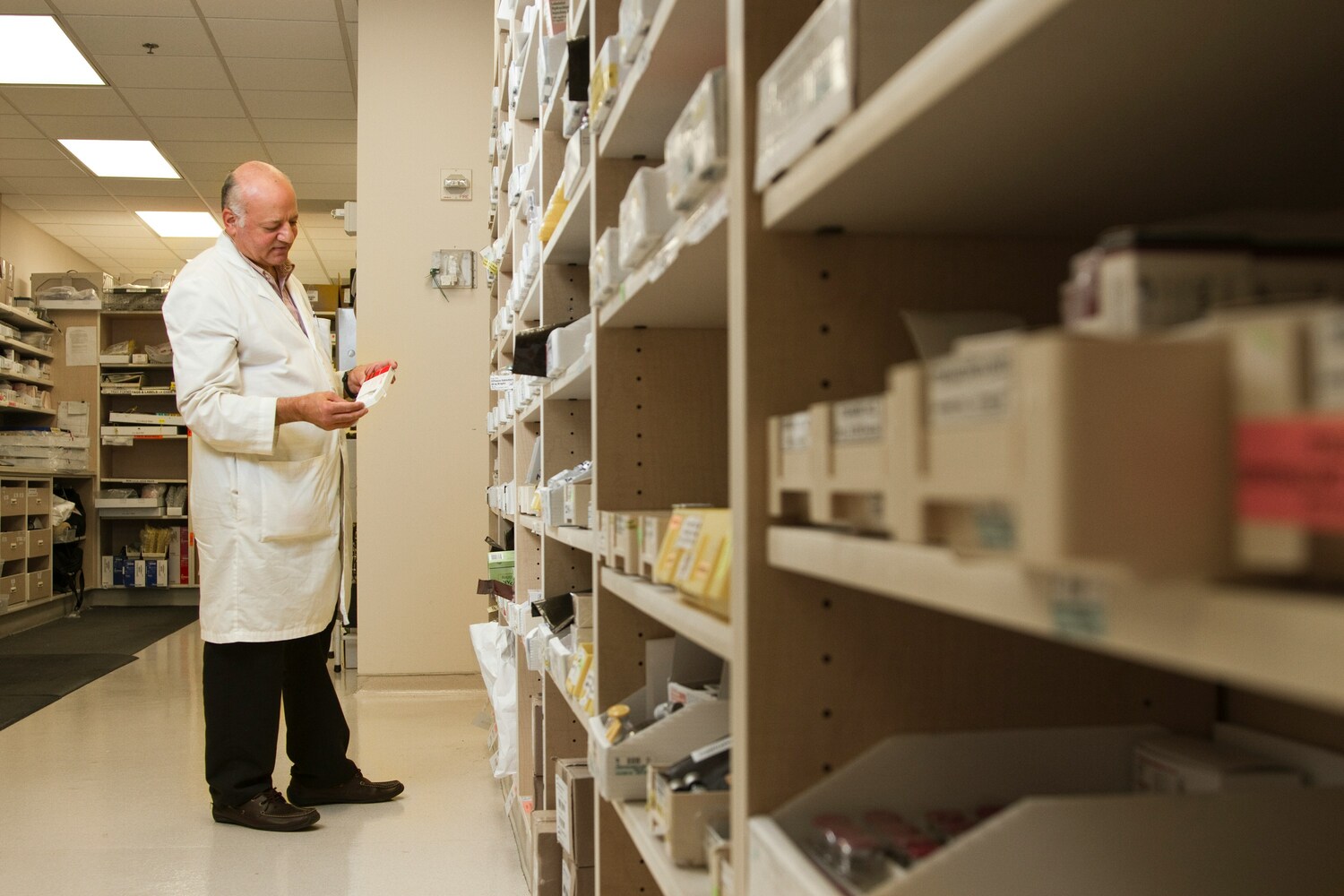When we talk about the pharmaceutical industry, we’re not just talking about pills and prescriptions. We’re talking about a global empire worth over $1.5 trillion, with the U.S. alone accounting for nearly half of that. The reach of pharmaceutical companies extends far beyond your local pharmacy; they are deeply entrenched in research labs, hospitals, and even government advisory boards. The industry’s power is not just economic. It’s also political, social, and regulatory. The sheer scale of Big Pharma means its influence can subtly shape everything from your insurance premiums to which medications your doctor prescribes.
Things You Should Know About The Pharmaceutical Industry
Drug Prices Are Often Arbitrarily Set, Not Cost-Based
Contrary to popular belief, the price of a medication rarely reflects its production cost. Take insulin, for example. It costs just a few dollars to produce a vial, but it can retail for hundreds in the U.S. The justification from pharmaceutical companies usually hinges on research and development (R&D) costs, but this narrative doesn’t always hold up under scrutiny. In reality, many drugs are developed with public funding or through academic institutions and later acquired by private firms that mark up prices significantly. In a market where demand can be a matter of life and death, pricing becomes more about profit maximization than public good.
Patent Games Are Used to Delay Generic Competition
Pharmaceutical patents are supposed to protect innovation, but companies have found ways to exploit the system. One common strategy is “evergreening,” where a company makes minor changes to an existing drug, like altering its formula or delivery method, to extend its patent protection. This keeps cheaper generics off the market for years, sometimes decades. As a result, patients continue to pay top dollar for medications that should be widely affordable. This manipulation of patent laws isn’t illegal, but it raises major ethical concerns about who the system is really designed to serve.
Lobbying Power Shapes Health Policy
The pharmaceutical industry spends more on lobbying than any other industry in the United States by a long shot. In 2023 alone, drug companies shelled out nearly $400 million to influence lawmakers, regulatory agencies, and even public health guidelines. This lobbying isn’t just about pushing new drugs through the FDA; it’s about crafting legislation that protects profits, blocks competition, and limits pricing regulations. With so much money in play, it’s hard not to wonder whether your health or a company’s quarterly earnings are the real priority.
Many Breakthrough Drugs Begin with Public Funding
You might be surprised to learn that some of the most groundbreaking medical advancements didn’t originate in Big Pharma boardrooms. Many began as publicly funded research projects at universities or government-run labs. After years of taxpayer-funded development, these discoveries are often licensed or sold to private pharmaceutical companies that then commercialize them. By the time the drug hits the market, its price tag has skyrocketed—leaving the public to essentially pay twice: once for development and again for access.

The FDA’s Relationship With Drug Makers Is Complex
The U.S. Food and Drug Administration (FDA) is tasked with regulating drug safety, but its financial ties to the pharmaceutical industry raise serious questions. A large portion of the FDA’s budget, nearly 45%, comes from “user fees” paid by drug manufacturers to expedite the review process. While this helps speed up drug approvals, critics argue it creates a conflict of interest. When the very companies being regulated are also funding the regulators, it’s difficult to ensure unbiased oversight.
Off-Label Promotion Happens More Than You Think
Doctors are allowed to prescribe drugs for conditions that haven’t been officially approved by the FDA, a practice known as “off-label” use. While this can be beneficial in certain cases, it also opens the door to abuse. Pharmaceutical reps have been known to aggressively promote off-label uses, even when the evidence is thin or the risks are high. Though it’s technically illegal for companies to market drugs this way, enforcement is sporadic, and the profits are often worth the legal risk for many firms.
Clinical Trials Aren’t Always Transparent
Most people assume that clinical trials are strictly scientific and objective, but that’s not always the case. Many trials are sponsored by the pharmaceutical companies themselves, and studies with unfavorable outcomes are often unpublished or buried. This “publication bias” can skew the medical literature in favor of a particular drug, misleading doctors and patients alike. Without full transparency, the public is left to make health decisions based on incomplete or cherry-picked data.
Medication Advertising in the U.S. Is Rare and Problematic
The United States is one of only two countries in the world (the other is New Zealand) that allows direct-to-consumer pharmaceutical advertising. If you’ve ever been bombarded by TV commercials urging you to “ask your doctor” about a medication, that’s not a global norm. It’s a uniquely American problem. These ads often simplify complex medical issues and encourage self-diagnosis, while downplaying risks. They also create consumer demand for brand-name drugs, pressuring doctors to prescribe medications that may not be the best or most cost-effective option.
Global Health Equity Suffers as a Result
Perhaps one of the most troubling aspects of the pharmaceutical industry is its contribution to global health inequality. While the wealthiest countries have access to cutting-edge treatments, millions in low-income nations go without basic medications. High prices, limited patent sharing, and lack of infrastructure mean life-saving drugs are often out of reach for those who need them most. In a just world, medicine would prioritize human life over quarterly earnings—but as it stands, geography and income can determine who lives and who dies.
You Deserve to Know Who’s Behind the Pill Bottle
We trust the pharmaceutical industry with our most vulnerable moments—when we’re sick, scared, or searching for answers. But blind trust can be dangerous when profit motives drive the system. Understanding how this industry operates is the first step toward being an informed patient and citizen. From hidden costs to ethical gray zones, there’s more at play than most of us realize.
Which fact shocked you the most, and what do you think needs to change first?
Read More:
Which Insurance Does Costco Pharmacy Accept?
These Are The Top 3 Most Expensive Pharmacies and 2 Of The Cheapest
Read the full article here
















